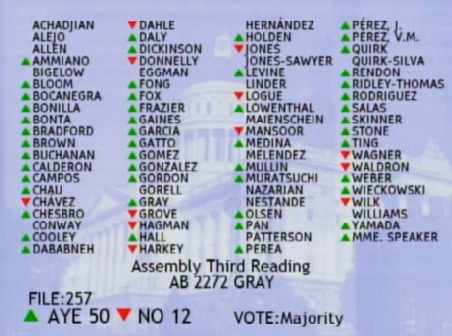Mono County homes line up for gigabit service
broadband, casf, cpuc, escrbc, ftth, gigabit, public policy, race telecommunications, suddenlink

Four small communities in southern Mono County could be getting gigabit class fiber to the home service by the end of 2015. The California Public Utilities Commission is scheduled to consider a resolution to spend $4.7 million on an FTTH project for the Aspen Springs, Chalfant, Crowley Lake and Sunny Slopes areas at its 26 June 2014 meeting.
The project was proposed last year by Race Telecommunications, one of five the company submitted in the current round of applications to the California Advanced Services Fund.… More









